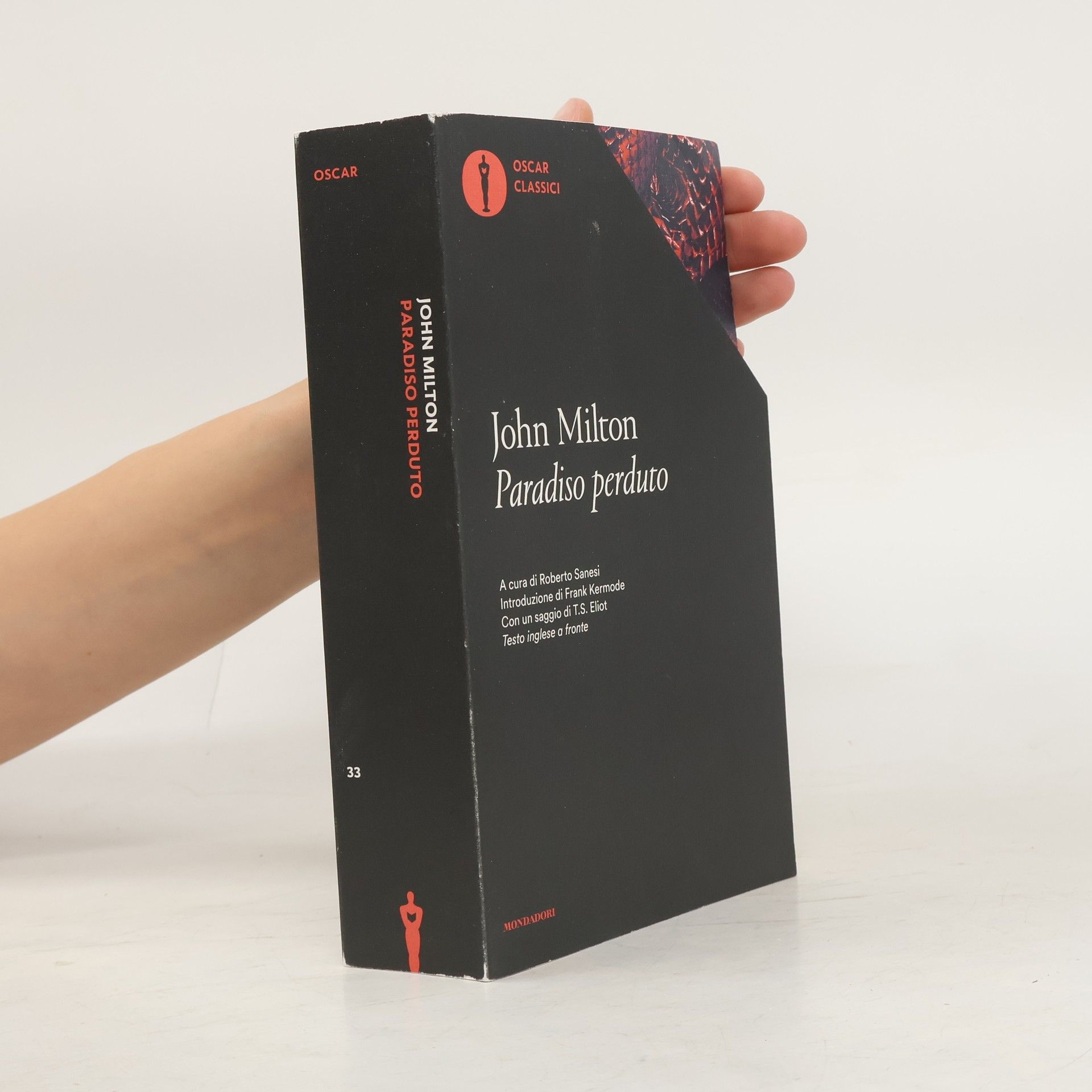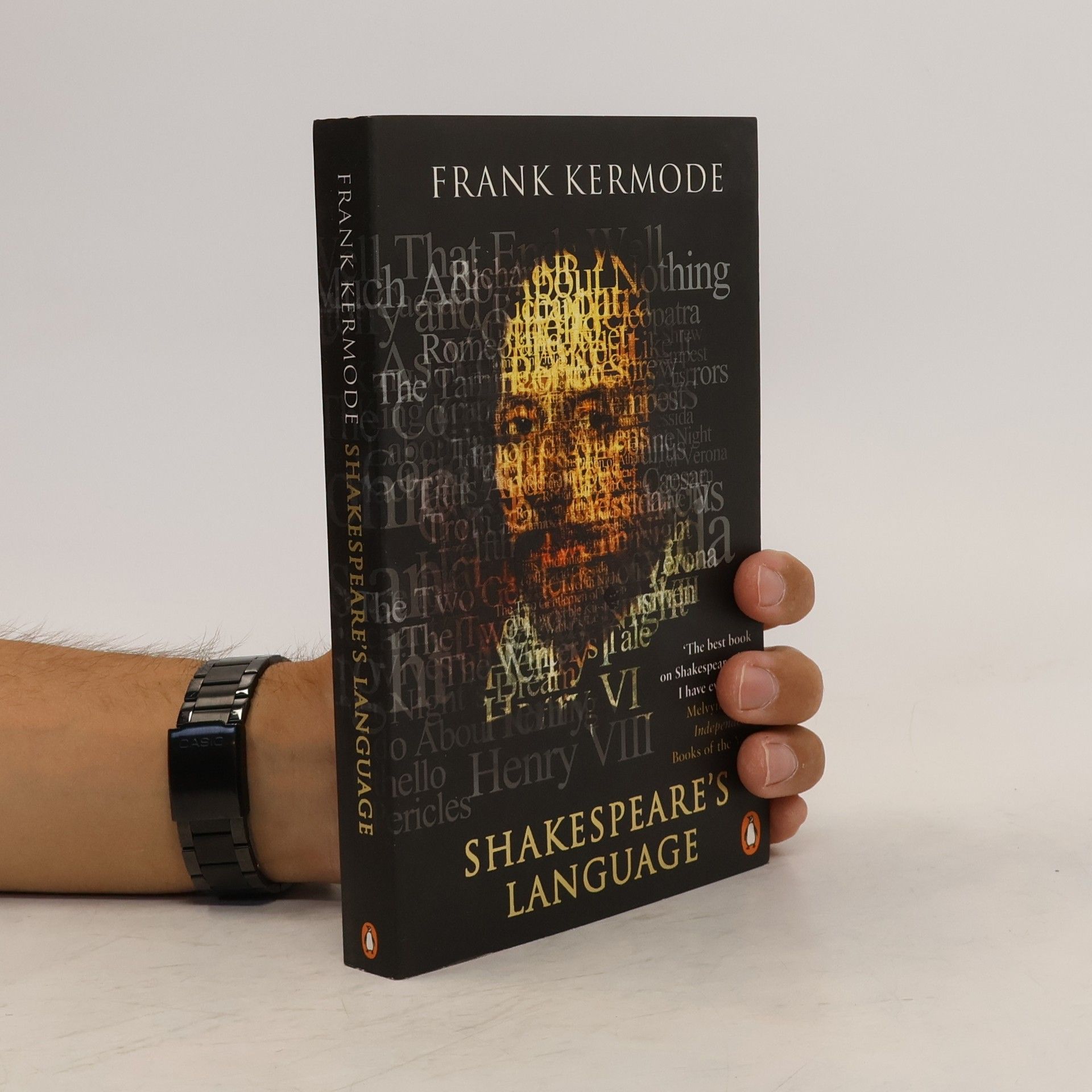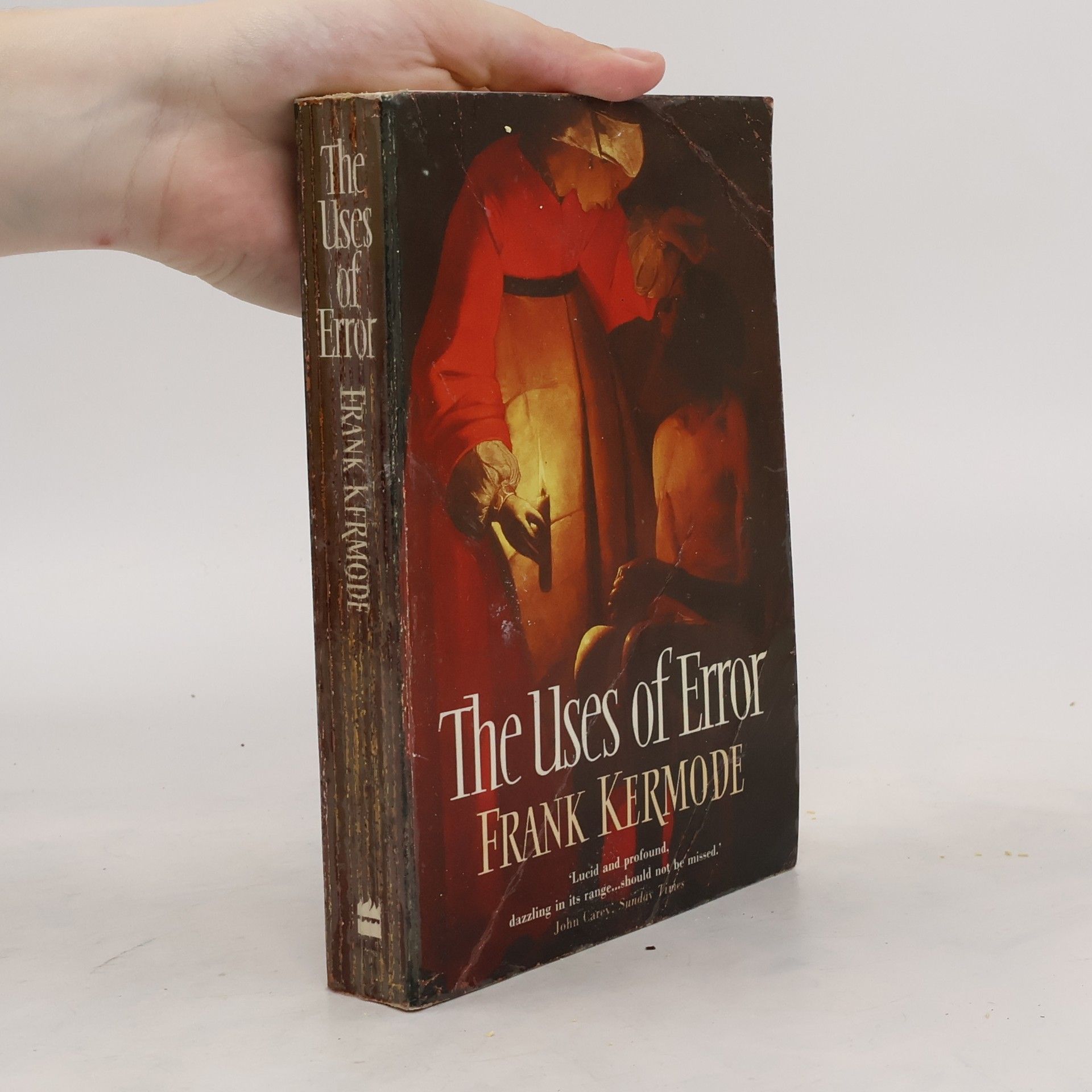Frank Kermode Book order (chronological)
Sir John Frank Kermode was a highly regarded British literary critic whose work was distinguished by a profound engagement with the theory of fiction. His writings often explored how individuals construct meaning from narratives and how this interpretation evolves over time. Kermode investigated how literary forms reflect and shape our understanding of the world and our own existence. His critical approach illuminated the complexities of literary art and its place within human culture.

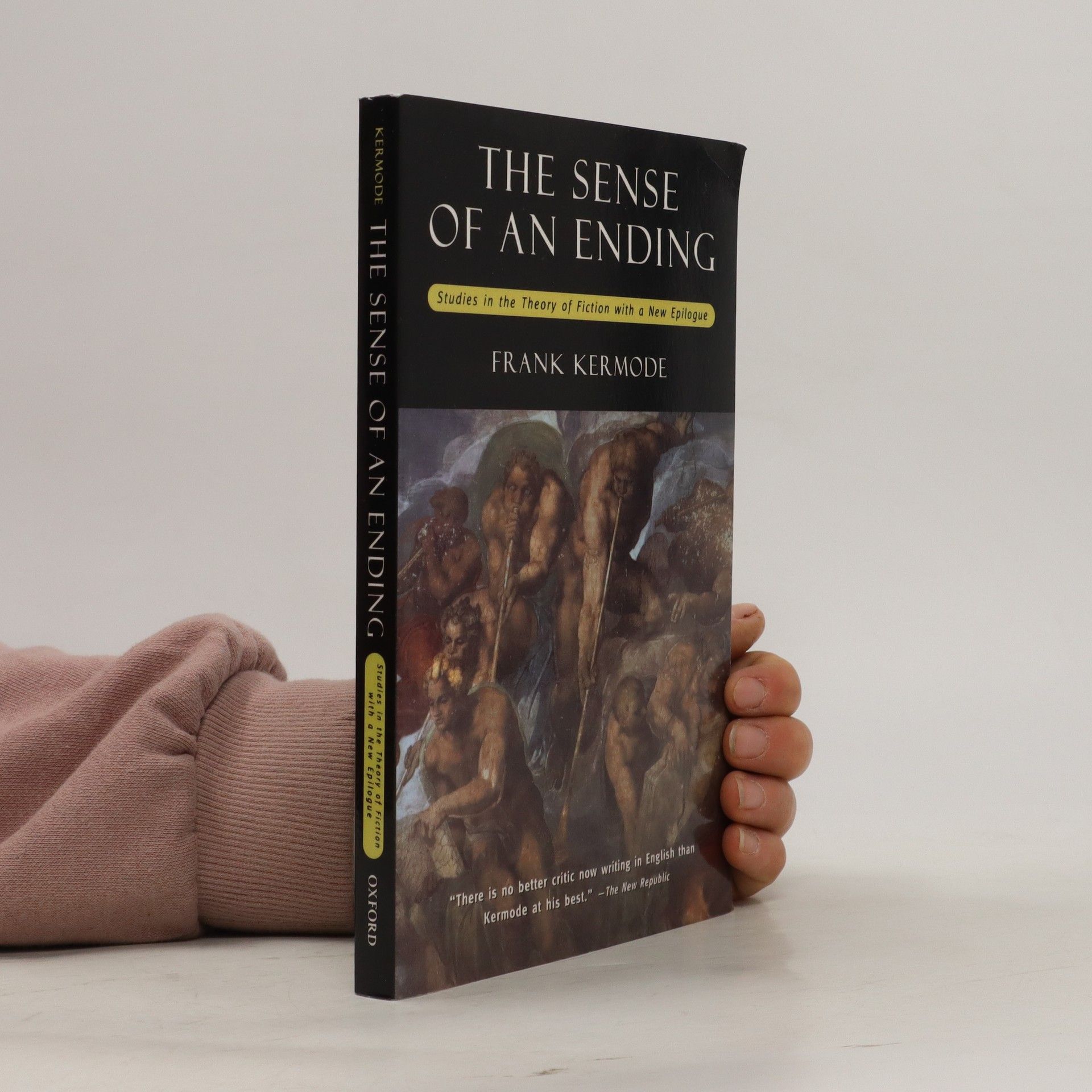
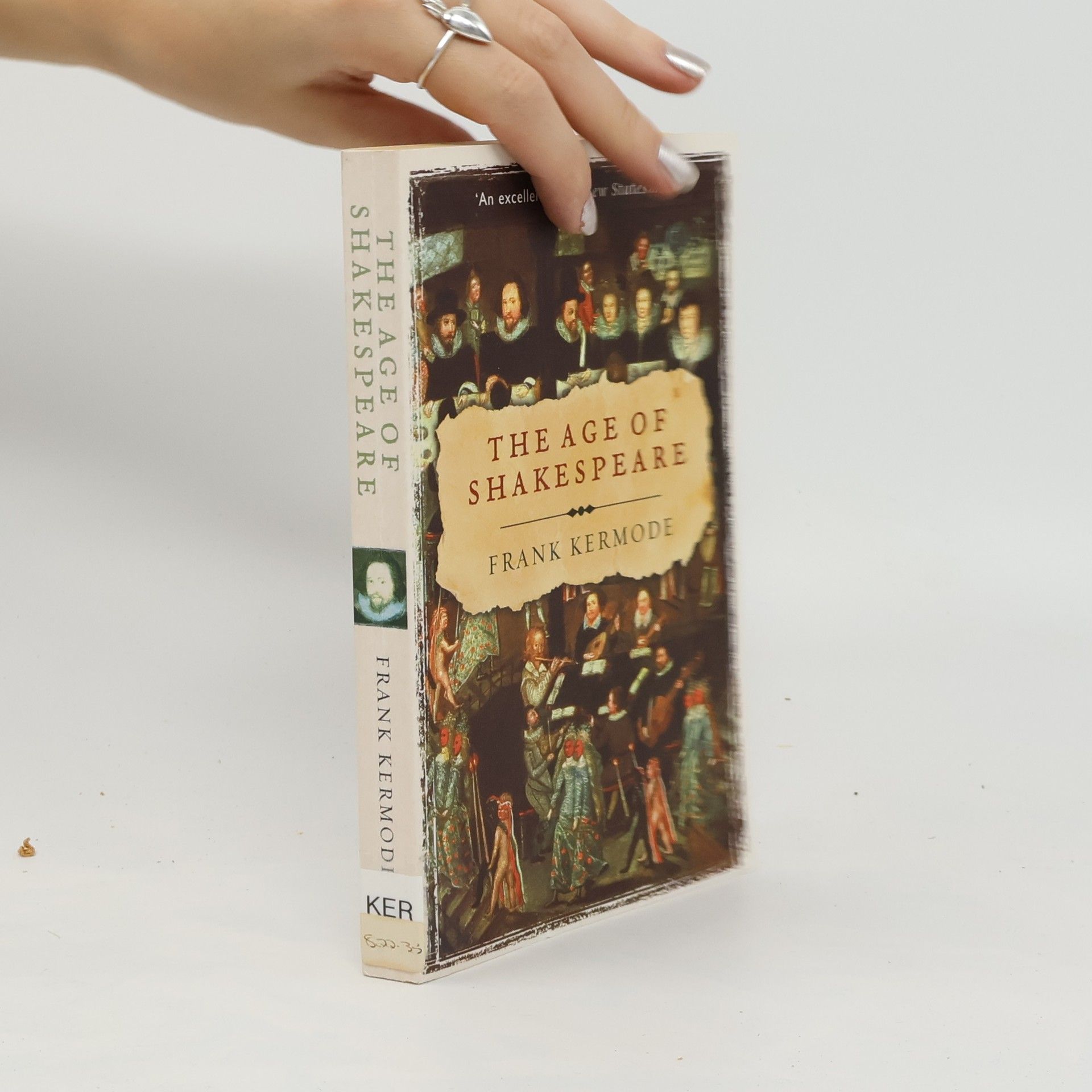

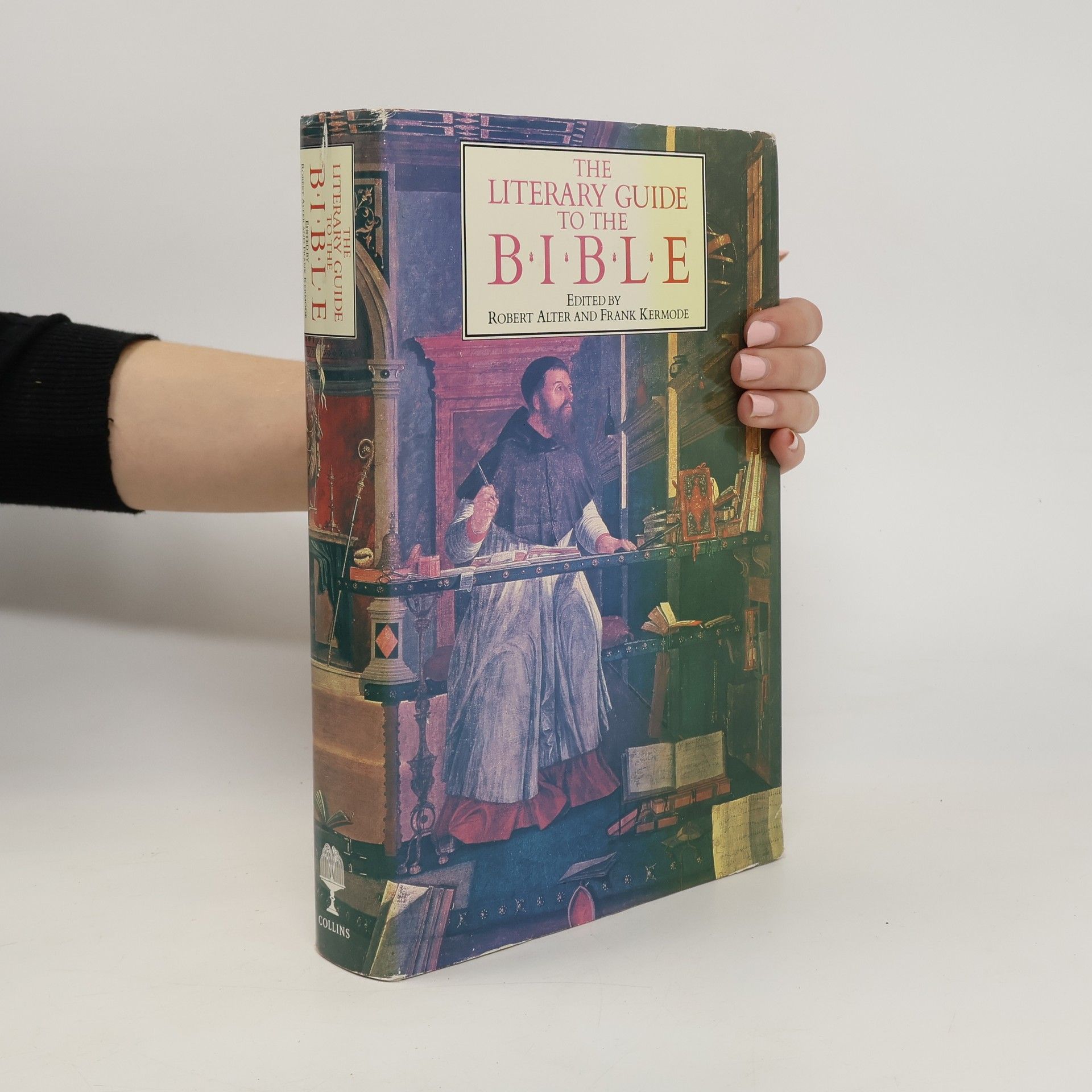
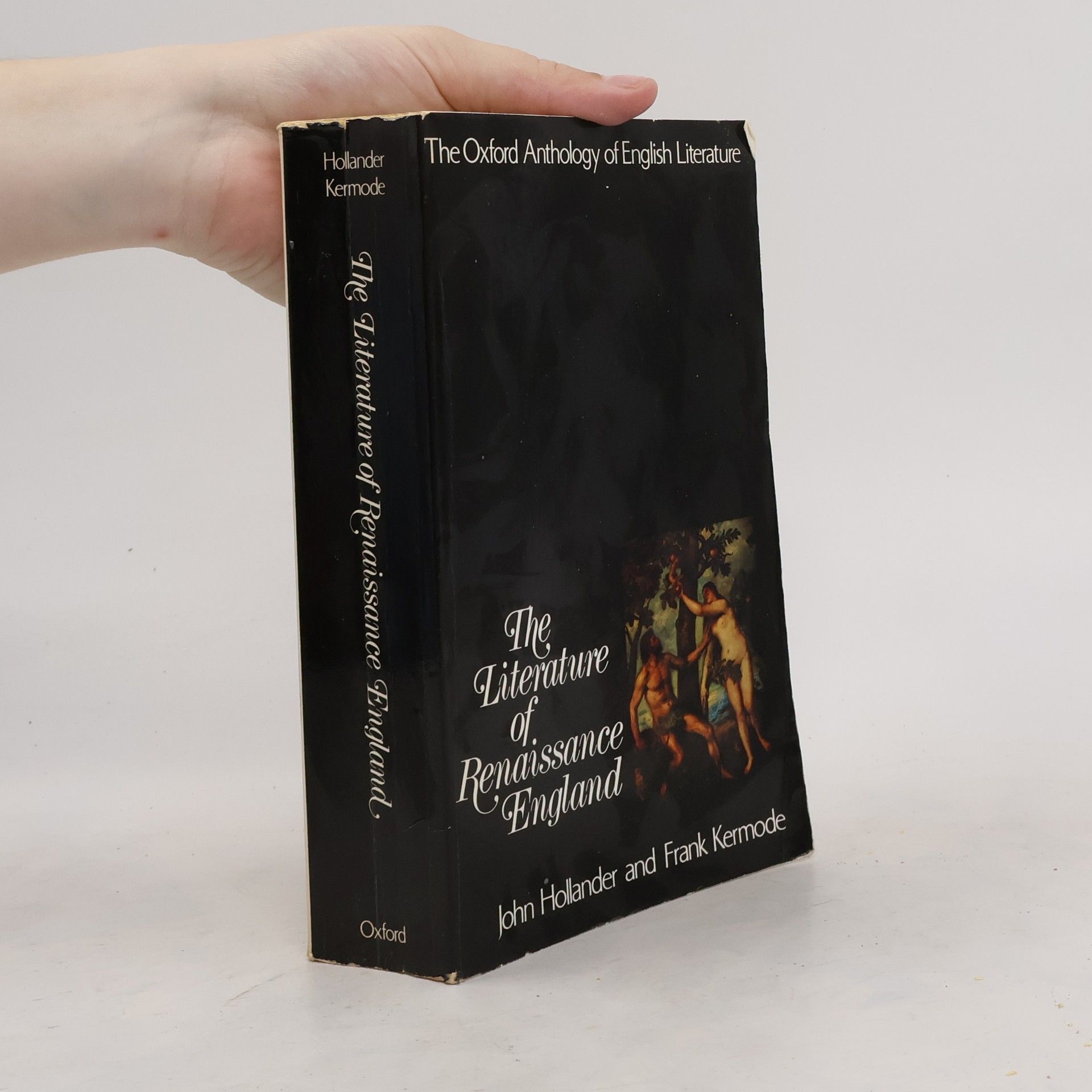
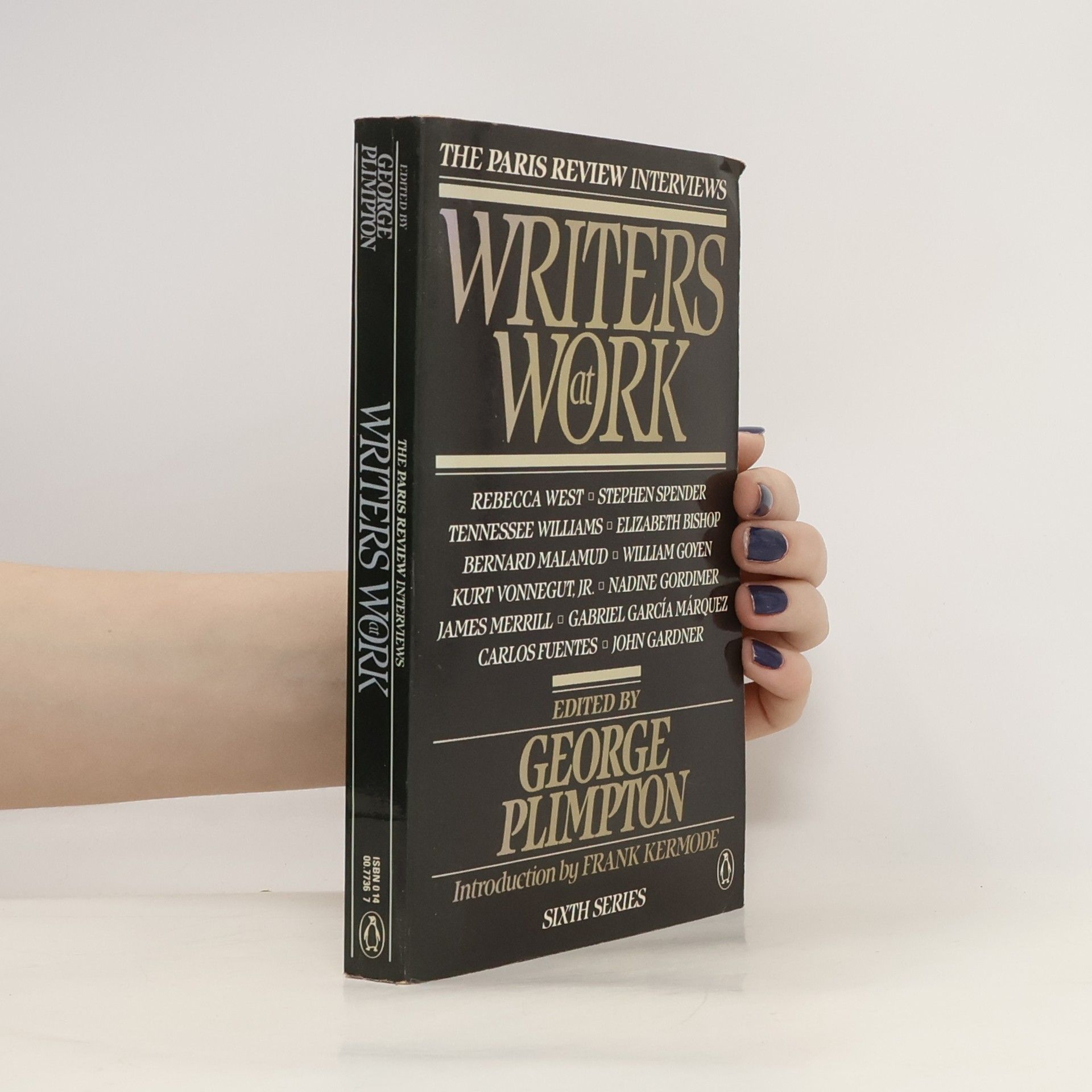
Continuities (Routledge Revivals)
- 238 pages
- 9 hours of reading
Exploring the intersection of literature with history and politics, this collection features reviews by Frank Kermode, focusing on influential figures such as T. S. Eliot and Edmund Wilson. Originally published in 1968, the essays reflect Kermode's insights from 1962 to 1967, offering a rich analysis of novelists, poets, and critics. This work serves as a valuable resource for students of English literature, providing a deeper understanding of the literary landscape of the time.
Concerning E. M. Forster
- 180 pages
- 7 hours of reading
A major reassessment of the great English novelistThis impressive new the celebrated British critic Frank Kermode examines hitherto neglected aspects of the novelist E. M. Forster€™s life and work. Kermode is interested to see how it was that this apparently shy, reclusive man should have claimed and kept such a central position in the English writing of his time, even though for decades he composed no fiction and he was not close to any of his great contemporaries€”Henry James, Ford Madox Ford, Joseph Conrad, James Joyce.Concerning E. M. Forster has at its core the Clark Lectures that Kermode gave at Cambridge University in 2007 on the subject of Forster, eighty years after Forster himself gave those lectures, which became Aspects of the Novel. Kermode reappraised the influence and meaning of that great work, assessed the significance of Forster€™s profound musicality (Britten thought him the most mu
Smysl konců
- 188 pages
- 7 hours of reading
Studie k teorii fikce. Kniha Smysl konců (1967) se zabývá „fikcemi“, jejich fungováním a vznikem, přičemž tento termín je používán velice široce: od textů biblických, přes tragédii, román až po vědecké teorie a politické názory. Autor si všímá především utváření těchto fikcí ve vztahu k lidskému nahlížení konečnosti a času vůbec, tedy ve vztahu k lidské potřebě dávat chaotickému světu tvar. Podle Franka Kermoda je základní „jednotkou“ takové struktury vztah mezi počátkem a koncem. Fikci tedy autor chápe nikoli jako to, co je „jiné“ než naše běžná zkušenost, ale jako to, co pohání a podněcuje naši zvídavost. Kniha je dodnes podnětná mimo jiné v tom, že i bez mohutného teoretického pojmového aparátu přináší zásadní vhled do povahy zkoumaného předmětu, což vynikne zvláště při jejím srovnání s naratologií, která se v době jejího publikování začala mocně rozvíjet především ve Francii.
The Age of Shakespeare
- 208 pages
- 8 hours of reading
'The greatest literary scholar of his generation' (Independent) explains how the history of the Elizabethan era is the backdrop to William Shakespeare and his plays.
Pleasure and change: the aesthetics of canon
- 108 pages
- 4 hours of reading
The question of the canon has been the subject of debate in academic circles for over fifteen years. Pleasure and Change contains two lectures on this important subject by the distinguished literary critic Sir Frank Kermode. In essays that were originally delivered as Tanner Lectures at Berkeley in November of 2001, Kermode reinterprets the question of canon formation in light of two related and central pleasure and change . He asks how aesthetic pleasure informs what we find valuable, and how this perception changes over time. Kermode also explores the role of chance, observing the connections between canon formation and unintentional and sometimes even random circumstance. Geoffrey Hartmann (Yale University), John Guillory (New York University), and Carey Perloff (director of the American Conservatory Theatre) offer incisive comments on these essays, to which Kermode responds in a lively rejoinder. The volume begins with a helpful introduction by Robert Alter. Theresult is a stimulating and accessible discussion of a highly significant cultural debate.
Shakespeare's Language
- 320 pages
- 12 hours of reading
The true biography of Shakespeare is in the plays. The great English tragedies were all written in the first decade of the seventeenth century. They are often in language that is difficult to us, and must have been hard even for contemporaries. How and why did Shakespeare's language develop as it did? schovat popis
s/t: With a New EpilogueFrank Kermode is one of our most distinguished and beloved critics of English literature. Here, he contributes a new epilogue to his collection of classic lectures on the relationship of fiction to age-old concepts of apocalyptic chaos and crisis. Prompted by the approach of the millennium, he revisits the book which brings his highly concentrated insights to bear on some of the most unyielding philosophical and aesthetic enigmas. Examining the works of writers from Plato to William Burrows, Kermode shows how they have persistently imposed their "fictions" upon the face of eternity and how these have reflected the apocalyptic spirit. Kermode then discusses literature at a time when new fictive explanations, as used by Spenser and Shakespeare, were being devised to fit a world of uncertain beginning and end. He goes on to deal perceptively with modern literaturewith "traditionalists" such as Yeats, Eliot, and Joyce, as well as contemporary "schismatics," the French "new novelists," and such seminal figures as Jean-Paul Sartre and Samuel Beckett. Whether weighing the difference between modern and earlier modes of apocalyptic thought, considering the degeneration of fiction into myth, or commenting on the vogue of the Absurd, Kermode is distinctly lucid, persuasive, witty, and prodigal of ideas.
The Tempest
- 151 pages
- 6 hours of reading
This series of unabridged Shakespeare titles is based on the premise that students can reach a clear understanding of their work only through a close and careful reading of the text. The commentary facing each page of the text has been designed to suggest a critical interpretation of the play.
The Uses of Error
- 432 pages
- 16 hours of reading
The core of this book is a group of essays on some of the central figures of English literature, including Tennyson, Shaw, Forster and Eliot.
